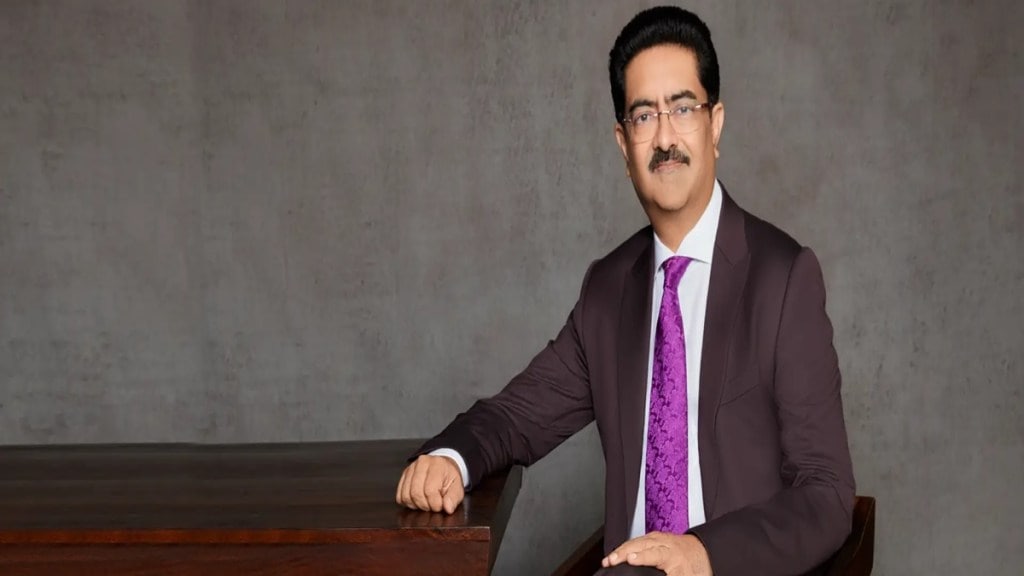2025 will be marked by uncertainty, unpredictability and will be unorthodox, Aditya Birla Group chairman Kumar Mangalam Birla said on Monday while reflecting on the year ahead.
Coming on the day Donald Trump would be sworn in as the 47th president of the United States (US), Birla, 57, said that he saw the Trump factor reshaping geopolitics.
“The Trump factor has significant implications for the global economy and business. I remain confident the strength of the India-US relationship will continue to grow in the years to come,” Birla said while adding that it was wise to “Never bet against America”, a point made by investor Warren Buffet.
The US market remains a key one for the Aditya Birla Group, with investments surpassing $15 billion, including a $4-billion greenfield expansion project currently underway. The converse was also true, Birla said, with the migration of Apple’s ecosystem to India being emblematic of the shift in supply chains to countries such as India.
The renewed global push for manufacturing is a welcome shift, he said, signalling a move towards greater resilience and diversification in global supply chains. India, often underappreciated for its industrial capabilities, is poised to seize its moment, he added.
India’s automobile ecosystem, too, had matured into a global powerhouse, exporting components and vehicles to markets worldwide.
“Importantly, we will be embracing an uncertain world, not wrestling with it. This reset, could define the paradox of our age. A world teeming with possibility but overshadowed by ambiguity.”
Birla also said that India’s cement industry while less recognised globally, was the second largest in the world.
“A vital national champion, it has fuelled India’s infrastructure growth – from cities to villages – while driving economic development and creating jobs,” he said.
Ultratech, which is the country’s largest cement company, produced over 1.5 times the total cement output of the US and had a capacity exceeding 80% of Europe, he said.
As the world marks a quarter-century into the 21st century, Birla said that the first two decades were defined by the unrelenting march of technology – social media democratised content, amplified voices and unlocked opportunities for many.
“Yet, this revolution came with a price. The same tools that connected billions have also fragmented societies, polarised public discourse and eroded trust. My submission is that we may now be approaching the peak of this divisive moment.”
Optimistic that the next decade could herald a more profound transformation, Birla said the next wave would be driven by authentic and meaningful connections.
“Platforms will evolve beyond their current purpose, creating spaces that bridge divides, foster understanding and celebrate shared humanity, amidst apparent differences,” he said.
This yearning for authentic engagement would not be limited to social media but would extend to how businesses, governments and communities engaged with individuals.
